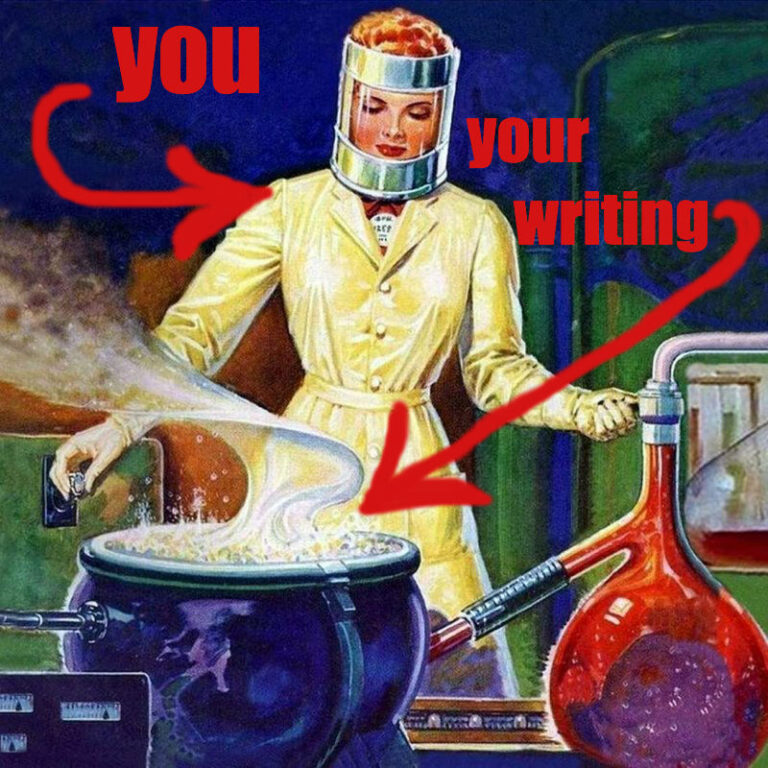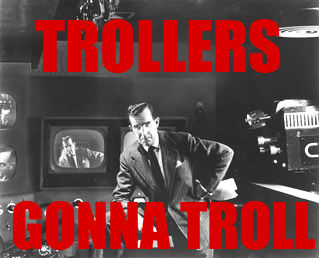The Ploughshares Round-Down: How Publishing Looks From the Agent’s Side
If I were forced to write a mission statement, it would be short and sweet: “Help authors. Have fun.”
It’s easy for anyone in this business to lose sight of the fact that we do what we do because we love books, and that everyone else we meet is here for the same reason. That’s why my favorite article from the past two weeks is this one from Jonny Geller. Geller is the CEO of Curtis Brown, a big British agency, and the BBC had him give his ten tips for anyone starting out in the business. But a couple of his tips are especially useful for writers, too.
Of all the tips on Geller’s list, “Look for career writers” might be the toughest one for writers to hear. If an agent is going to invest time in an author, they want that author to write many successful books. That means: the less time this person has spent on some other career, the better. There are examples of bestselling authors who wrote their first book very late in life, but they’re the exception, not the rule.
Geller also recommends that agents “get involved” with every aspect of the publishing process, which many claim to these days—even if few actually do. I think the way Geller describes his job is the way the industry is heading, though, and this is something else authors needs to hear. Agents ought to be doing a lot for their 15%.
“Be honest with your clients” is another great tip, both for agents and for authors. It’s better for an author to hear from me that their book idea is terrible than to hear it from the twelve editors passing on it. Still, the temptation is always there. Pretty much every client I have competed for and lost was a potential client I told “unfortunately, you have a lot of work to do before this is ready to show editors” while some other agent said, “you’re practically done!” I don’t know if the other agent really believed that, but I hope those writers came to their new agent ready to make some of the changes I recommended anyway.
It’s Geller’s last tip, however, that contains both my favorite and my least favorite advice: “Believe in your instincts and don’t take it all too seriously.” Good instincts are really useful in an agent. Good instincts backed up by research is a lot more useful. But the other point is something I’ve reminded lots of colleagues: “Try to remember what it was like when you were an obsessive reader at the age of seventeen, because that’s the person who matters—not the wise old agent who seems to know everything but doesn’t.”
Geller also inspired me to pass along a few more tips of my own for aspiring agents, and I hope they also turn out to be useful for writers.
Say Thank You to Every Rejection!
If you don’t like rejections, don’t become an agent. (Or a writer.) The most important emails I send out start “I’m delighted to send you this new proposal/manuscript from [terrific platform’s] Author Name. Tentatively titled Book Title: Subtitle, it asks this really interesting question that hopefully you already find fascinating…” The second most important emails I send out contain these two sentences: “Do you have a literary agent? If not, would you be interested in talking to one?”
Most of these threads, however, end with the other person saying no and me thanking them for their careful consideration. In the past twelve months, I have probably received at least two hundred rejections of some sort. It might even be three hundred. And in every case, I send a nice note back.
Every project gets turned down by a bunch of editors. Even the books I sell for six figures have a dozen people write back to say that, for whatever reason, it wasn’t for them and their imprint. Always remember that when you’re sending out work, too.
Try To Never Say No
My slush pile isn’t terribly large. It’s probably only ten queries a week. Every one of those people is smart and hopeful, and most are willing to work hard, and yet a lot of them I still don’t offer to represent. This project may not be right for me. It may not even be good. But that doesn’t tell me anything about what their future work will be like.
So I send out a lot of emails telling writers that their work isn’t ready to show to editors yet. I say that they should make a list of ten books their potential audience is currently reading and put it in their pitch. Maybe they should study what made those books work, and make theirs more like the most successful ones. Maybe they should only be querying the agents who represented those books. Maybe they should contact some of those writers and say they’d love to have their book read by their favorite author, to see if they get any good advice. Maybe, if their list is just books that have been made into movies, they should read deeper onto the desired shelf.
In other words, instead of saying no, I try to give them some homework to help them get closer to a yes. And whether you’re a new agent or a new writer, you should always be thinking about a project with this sort of homework in mind—what would make an editor really want to buy this book?
Be a Better Critic than A Writer
My job is to read what writers write and tell them when it’s terrible. I also give lots of suggestions on how to fix things. However, it matters more that I can draw a circle around something and say, “This isn’t working.” I tell authors all the time that when I add a paragraph for them, or tell them how the book should end, I might be wrong. I’m just trying to show them the kind of thing that needs to go there. My corrections are probably only improvements 10% of the time—but when I say something isn’t working, I’m right 100% of the time. If it doesn’t work for this reader, it also won’t work for others.
Ask For Spoilers
I sometimes get materials that are so good I start reading and don’t stop until the end. Far more often, I start to worry halfway through a pretty good book that it isn’t well structured. Will the stakes be high enough in the end? Will all these threads come together? Probably once a month I stop reading something, write to the author, and say, “Just tell me how it ends.” In pretty much every case, I’m not satisfied with the answer. So I give the writer some tips and send them back to the drawing board. You only get to read a novel for the first time once, and I’d rather it have the right ending when I get there.
Remind Writers We’re All On The Same Team
For authors who already have a book contract, I spend a lot of time trying to convince them that their publisher is not purposely trying to sabotage the book. This long memo from your editor is truly intended to improve the book, not make you suicidal! All this haggling over the title means they care about the book! This book cover, whether you like it or not, really is one they think will move units!
Above all, always remember that nobody would be happier to see you on the Daily Show or reviewed in the Times than your editor.
Never Forget You Work For The Writer
When I first talk to authors, they sometimes behave like this is a job interview and I have a job to offer them. I know that’s not true because I don’t have any money to give them. I get paid out of what the writer gets. A writer has goals, and they’re hiring me to help them reach those goals. They might never reach any of those goals without me—but I never forget that the writer’s the boss.


